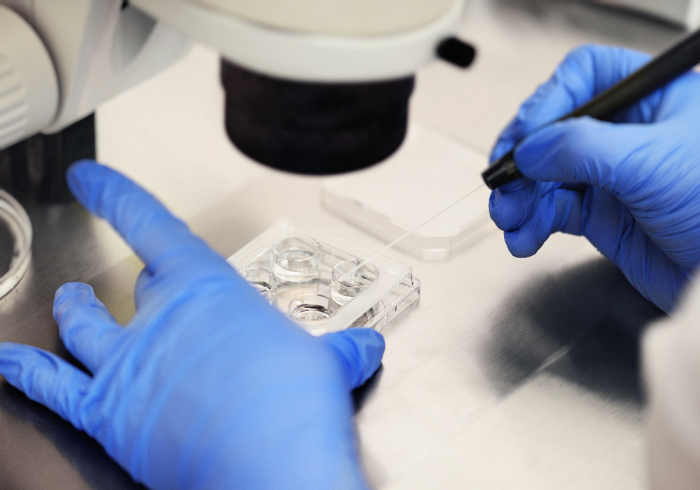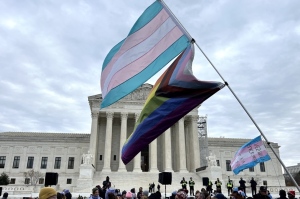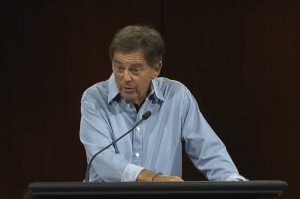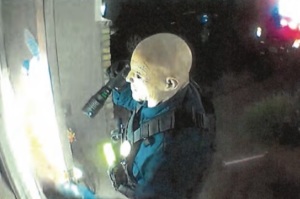SBC passes IVF resolution urging Christian couples to consider adopting frozen embryos

The Southern Baptist Convention has passed a resolution on the topic of in vitro fertilization, expressing concern about the procedure while also encouraging the adoption of frozen embryos.
Known as “On the Ethical Realities of Reproductive Technologies and the Dignity of the Human Embryo,” the measure was adopted by the messengers on Wednesday afternoon via raised ballot.
Daniel Taylor of Charity Baptist Church of Paris, Michigan, proposed an amendment to the resolution that would change some of the phrasing in parts of the measurement.
Taylor spoke about a “God-fearing Christian couple” he knew who “ethically and morally used” IVF “at great sacrifice and expense to themselves, driven by the love of a child not yet born: their son, and my godson.”
“Each implantation was a painful procedure for the mother, who told me afterwards that it was one of the hardest things she had ever been through,” he explained. “If the love of a child not yet born had not been motivating her, she would not have gone through with it.”
“I request this resolution be amended because, in its original form, the resolution would castigate and condemn the entirely moral and ethical actions of these two friends of mine, calling their faithful sacrifice, struggle and blessing a wicked thing.”
Resolutions Committee Chair Kristen Ferguson responded to the proposed amendment, saying that “it was our goal as people who want to share the love of Christ to not take this topic lightly.”
Ferguson pointed to Resolved No. 6, which was added to “commend couples who, at great cost, have sought to only utilize infertility treatments and reproductive technologies in ways that are consistent with the dignity of the human embryo.”
Messenger Monica Hall of Oak Grove Baptist Church of Paducah, Kentucky, who supported the resolution, explained that she had adopted two frozen embryos that were transferred into her womb, but they did not survive for long. She described IVF as callous toward human life, given how frozen embryos are often discarded.
“The only possible ethical stance on IVF is to advocate for more Christian couples to be willing to give the 1 million-plus embryos in freezers a chance at dignity and life by adopting them,” she said.
“Most embryos created through IVF die at some point in the process. How could it be considered ethical to create human life knowing death is a probability? My babies died, but I am so thankful that they lived for a few days in the womb and were and still are fiercely loved and cherished.”
The messengers rejected the amendment via a vote of raised ballot.
According to a preliminary copy of the resolution, the measure called on the SBC "to reaffirm the unconditional value and right to life of every human being, including those in an embryonic stage, and to only utilize reproductive technologies consistent with that affirmation."
"In Vitro Fertilization most often engages in the destruction of embryonic human life and increasingly engages in dehumanizing methods for determining suitability for life and genetic sorting, based on notions of genetic fitness and parental preferences," reads the resolution.
"The In Vitro Fertilization process routinely creates more embryos than can reasonably be implanted, thus resulting in the continued freezing, stockpiling and ultimate destruction of human embryos, some of which may also be subjected to medical experimentation."
The resolution called on Southern Baptists to "continue to promote adoption as one way God may call upon couples to grow their families and to consider adopting frozen embryos in order to rescue those who are eventually to be destroyed" and encouraged couples "to consider the ethical implications of assisted reproductive technologies as they look to God for hope, grace, and wisdom amid suffering."
IVF has garnered increased scrutiny in recent years, and in February the Alabama Supreme Court ruled that embryos created via the controversial process and kept frozen are protected by a state law known as the Wrongful Death of a Minor Act.





























